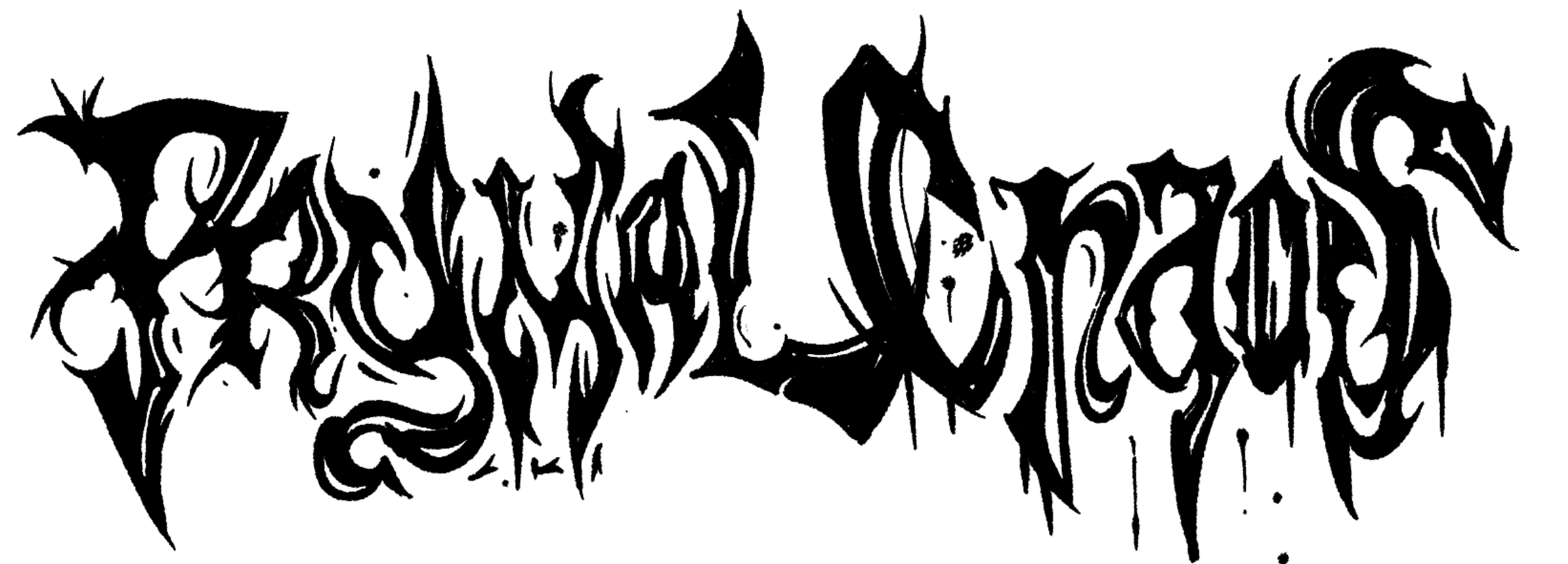The Powerful Voice: Musicians as Political Catalysts
Posted on 08/25/2023 by PrymalChaos
Music has always been a medium of expression, allowing artists to communicate their thoughts, emotions, and beliefs to the world. In the realm of politics, musicians have often embraced this platform as a means to provoke social change, challenge authority, and fuel public discourse. From the revolutionary anthems of the 60s to the politically charged verses of hip-hop and the subtly subversive messages in modern pop and rock, musicians have played a crucial role in shaping political ideas and sparking important discussions. Let's delve into the transformative power of music, with examples from different eras.
The 60s: Anthems of Revolution
During the 1960s, music became an integral part of the counterculture movement that challenged the status quo. Bob Dylan's iconic track, "The Times They Are a-Changin'", served as a rallying cry for those advocating for civil rights, peace, and social justice. With lyrics such as "Come mothers and fathers / Throughout the land / And don't criticize / What you can't understand," Dylan called for unity and understanding, urging people to embrace change and reject prejudice.
Another significant voice of the era was Buffalo Springfield, who released the timeless protest song "For What It's Worth." Addressing the tension and clashes between protesters and police during the Sunset Strip riots in 1966, the song's poignant lyrics, "There's something happening here / What it is ain't exactly clear," resonated with the public and epitomized their collective frustration. It became an anthem for those seeking to challenge authority and demand accountability.
Hip Hop: Rhymes as Political Resonance
In more recent decades, hip-hop emerged as a genre that often reflects the experiences and struggles of marginalized communities. Public Enemy's iconic track, "Fight the Power," became a defining symbol of resistance and empowerment. Serving as the theme song for Spike Lee's film, "Do the Right Thing," the powerful lyrics, "Fight the power / We got to fight the powers that be," highlighted systemic oppression, racial inequality, and the necessity to effect change.
Kendrick Lamar, one of the most influential artists of our time, tackles social and political issues head-on. His song "Alright" became an anthem for activists during the Black Lives Matter movement, with the refrain "We gon' be alright" serving as a source of hope, resilience, and affirmation. It became a rallying cry for justice, resonating with those fighting against police brutality and demanding an end to racial injustice.
Modern Pop and Rock: Subtle Subversion
While political messages may appear more subtly in modern pop and rock, they are nonetheless present. Taylor Swift's hit single, "Only the Young," released during the 2020 U.S. presidential election, encouraged young people to step up and make their voices heard, emphasizing that "It's only young hearts that can change the world." Swift's song addressed issues such as gun violence, immigration, and climate change, inspiring a new generation to actively engage in politics and advocate for change.
A Timeless Influence
Throughout history, musicians have acted as catalysts, igniting important conversations and challenging the status quo through their music. Whether it was the anthems of revolution in the 60s, the politically resonant rhymes of hip-hop, or the subtle messages embedded in modern pop and rock, musicians continue to shape political discourse and inspire change. Their songs transcend time, serving as a reminder that music has the power to evoke emotions, unite communities, and mobilize movements for a better world. As influential artist Nina Simone once said, "How can you be an artist and not reflect the times?"
So, let us embrace these powerful voices, both past and present, for they remind us of the importance of using art to speak truth to power and to imagine a future where social justice prevails. Through their music, musicians have proven that they are not just entertainers, but catalysts driving political awareness and mobilization.
